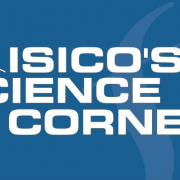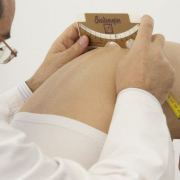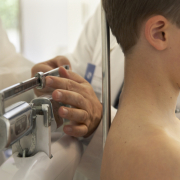Scientific free Tools for Clinical Practice: ISYQOL and IS-GROWTH
With a demanding condition such as scoliosis, it is essential to build a relationship of trust with the patient and guide them through a treatment path that allows for a good quality of life.
For this reason, at ISICO we have developed two free tools available online.
ISYQOL – Italian Spine Youth Quality of Life
Originally created as a questionnaire in which our patients could describe the impact of brace treatment on their daily life, ISYQOL has evolved into a digital model consisting of 10 questions, allowing anyone to evaluate their own well-being in the presence of scoliosis, kyphosis, or other spinal disorders.
Its strength lies in being based on the concerns expressed directly by patients, making it particularly suitable for adolescents with idiopathic scoliosis who have not undergone surgery. Over the years, it has been translated and validated into several languages ( English, Chinese, Polish, Korean, Arabic, Persian, French, Spanish, Greek, and Turkish) and is now recognised as one of the most reliable questionnaires for measuring quality of life in brace wearers.
Measure your ISYQOL online
IS-GROWTH – Idiopathic Scoliosis Graphical Representation Of Worsening Trend of Natural History
IS-GROWTH is a visual model that shows the expected evolution of a scoliosis curve in each patient during growth (pre-pubertal, pubertal, and post-pubertal phases).
Developed from more than 3,000 radiographs of nearly 2,000 untreated patients, and validated on more than 500 additional cases, the model reaches 95% accuracy after correcting for radiographic measurement error. The graph displays a range of expected progression (between minimum and maximum scenarios), into which the patient’s real clinical data are gradually added over time.
This tool has proven extremely useful in clearly communicating the natural history of scoliosis and in supporting long-term treatment decisions during growth.
Access it here – IS-GROWTH online
Watch the video alongside to see how to use them in practice.
ISYQOL video: https://youtu.be/bFLuaTNrsA4
Is-Growth video: https://youtu.be/0dt_38tTiCQ



